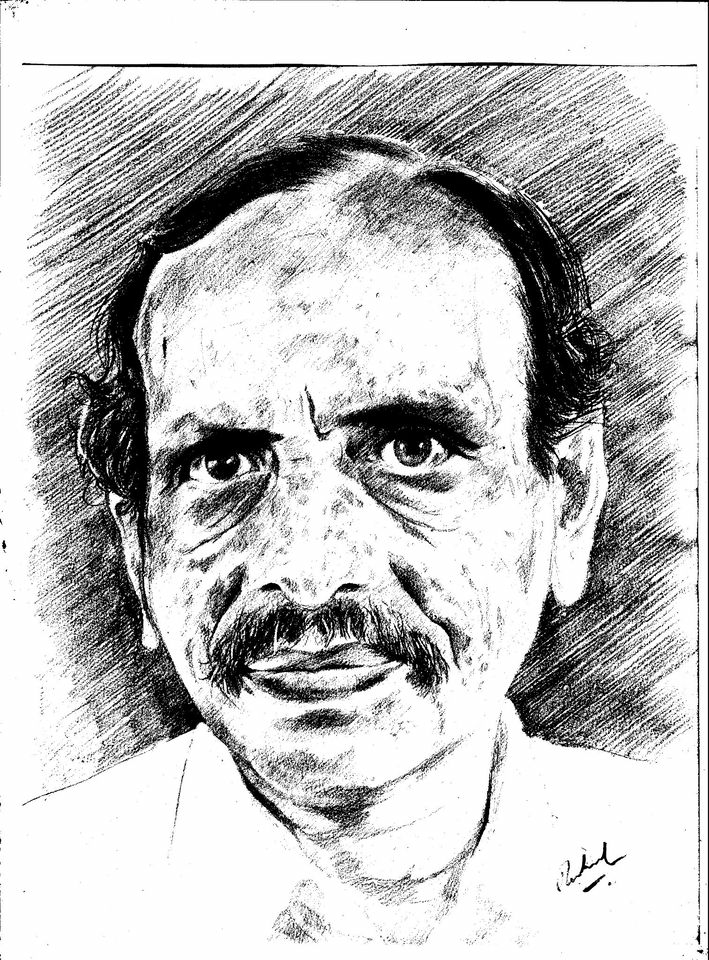Category:
$\newcommand{\DD}[2][]{\frac{d^2 #1}{d^2 #2}}\newcommand{\matrixelement}[3]{\langle#1|#2|#3\rangle}\newcommand{\PP}[2][]{\frac{\partial^2 #1}{\partial #2^2}}\newcommand{\dd}[2][]{\frac{d#1}{d#2}}\newcommand{\pp}[2][]{\frac{\partial #1}{\partial #2}}\newcommand{\average}[2]{\langle#1|#2|#1\rangle}$
The eigenstates of Hamiltonian are called stationary states.In a stationary state all observable quantities are independent of time. The dynamical variables which commute with Hamiltonian are called constants of motion. The average values of constants of motion in any state do not change with time.
We will assume that the Hamiltonian is independent of time.
Stationary states
Let us consider time evolution of a system if it has a definite value of energy at an initial time $t_0$. The value of the energy then has to be one of the eigenvalues and the state vector will be the corresponding eigenvector. So $\ket{\psi t_0} = \ket{E_m}$, then at time $t$ the system will be in the state given by \begin{equation} \ket{\psi t} = U(t,t_0)\ket{E_m} = \exp(-iE_m(t-t_0)/\hbar) \ket{E_m}. \end{equation} It must be noted that the state vector at different times is equal to the initial state vector times a {\it numerical phase factor} $ ( \exp(-iE_m(t-t_0)/\hbar) )$. Therefore, the vector at time $t$ represents the same state at all times. Such states are called {\bf stationary states} because the state does not change with time. Every eigenvector of energy is a possible stationary state of a system. In such a state the average value of a dynamical variable, $\hat{X}$, not having time explicitly, is independent of time even if $\hat{X}$ does not commute with Hamiltonian. In fact the probabilities of finding a value on a measurement of the dynamical variable are independent of time.
Unless mentioned otherwise, we shall always assume that the Hamiltonian $H$ of the system under discussion is independent of time.
Constant of motion
The time evolution of average value of an operator \(\hat{F}\) is given by \begin{equation}\label{eq02} \dd{t}\average{\psi t}{\hat{F}} = \average{\psi t}{\Big(\pp[\hat{F}]{t}\Big)} + \frac{1}{i\hbar}\average{\psi t}{ [\hat{F}, \hat{H}]} \end{equation} This equation corresponds to the classical Poisson bracket equation of motion for (classical) dynamical variable \(F\) \begin{equation} \dd[F]{t} = \pp[F]{t} + \{F,H\}_\text{PB} \end{equation} If a dynamical variable $F$ does not contain explicit time dependence, then we have $ {\partial F\over \partial t}=0 $. If such an operator $\hat{F}$ commutes with the Hamiltonian operator $\hat{H}$, we will have \begin{equation} \boxed{ [\hat{F},\hat{H} ] =0 } \end{equation} and \eqref{eq02} shows that $$ {d\over dt}\, \bra{\psi t} \hat{F} \, \ket{\psi t} =0 $$ Therefore in an arbitrary state, the average value of $\hat{F}$ does not change with time. Such a dynamical variable will be called a {\bf constant of motion}.
Exclude node summary :
Exclude node links:
4727: Diamond Point, 4909: QM-HOME-I






 ||Message]
||Message]
